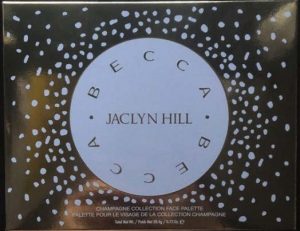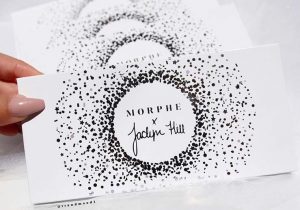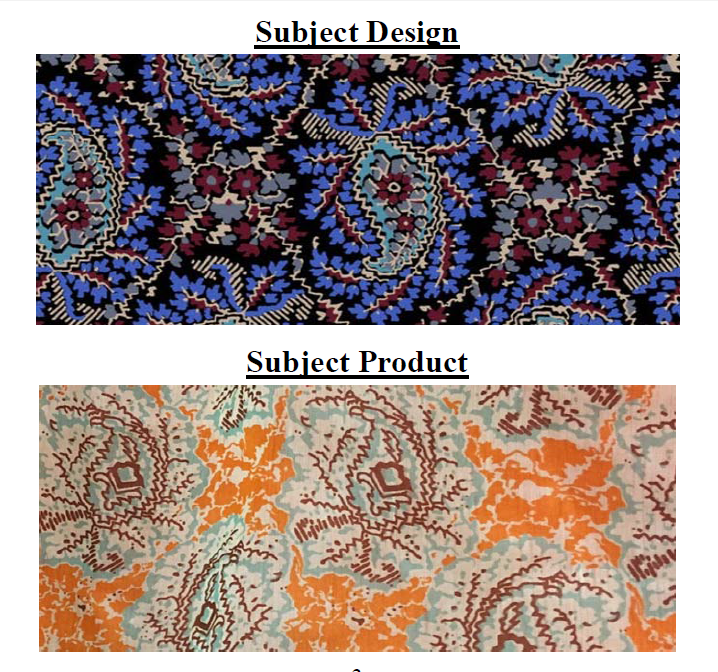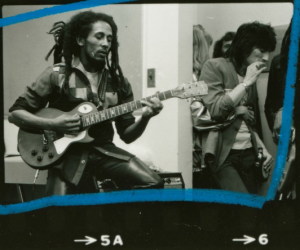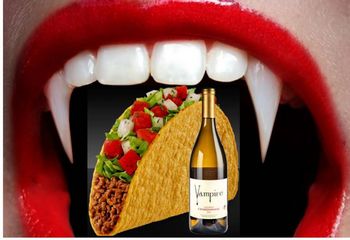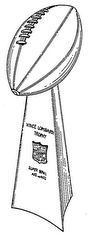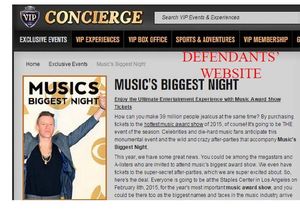Morphe, a well-known makeup company, is suing Becca in response to threats Morphe’s new eyeshadow palette’s packaging constitutes trade dress infringement, false designation of origin, and palming off under the Lanham Act. 15 U.S.C. § 1051. Becca also alleges that Morphe has tortiously interfered with Becca’s contract with Jaclyn Hill, a makeup artist that Morphe now works with. The palette in question is also a project with Jaclyn Hill, in which she teamed up with Morphe to create a line of eyeshadow palettes. The first palette was very popular and called “the Jaclyn Hill Palette.” Morphe and Jaclyn Hill created a second set of palettes called the “Vault” collection. The announcement generated lots of publicity for Morphe and on Jaclyn Hill’s Instagram, YouTube, and Twitter pages.
Morphe’s Vault collection’s packaging design features a white box with a silver background behind the logo and a confetti look with colors and shapes expanding from the center. The logo features Morphe’s name and Hill’s signature. More than six weeks after the announcement, Becca sent Morphe a cease and desist letter claiming common law trademark rights to the design. Becca mentioned their previous contract with Jaclyn Hill and stated that their palette with Hill had extensive use giving them common law trademark rights. However, Becca provided no federal registration for the packaging and allegedly had not sold, marketed or used the packaging in the U.S. for the last two years. Becca allegedly is also unable to resume use of this mark due to contractual obligations.
 Los Angeles Intellectual Property Trademark Attorney Blog
Los Angeles Intellectual Property Trademark Attorney Blog



